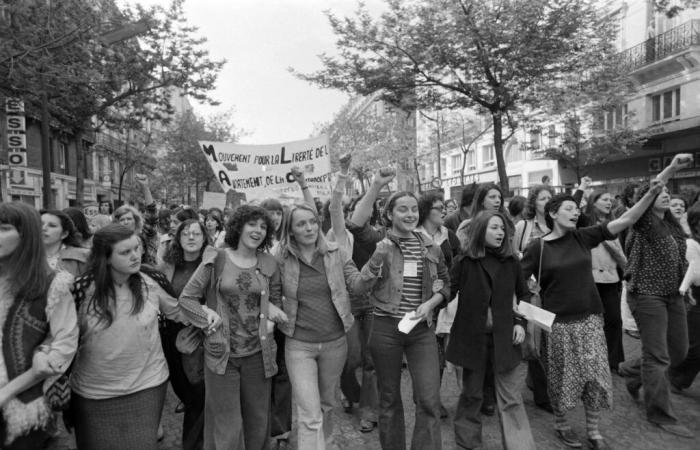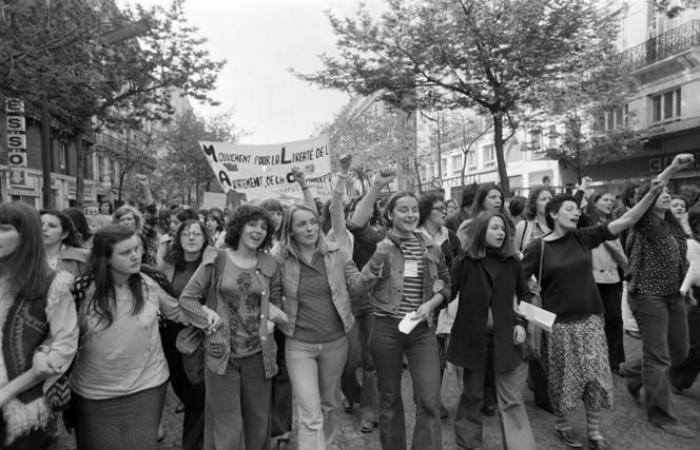The historian Bibia Pavard is co-author of the work Don't free us, we'll take care of it. A history of feminisms from 1789 to the present day (La Découverte, 2020) and lecturer at the University of Paris-Panthéon-Assas. On the occasion of the 50th anniversary of the law which decriminalized abortion, defended by Simone Veil, then Minister of Health, promulgated on January 17, 1975, she looks back on the mobilizations which led to legalization and explains how the Acquiring this right is fundamental in the history of feminist movements.
When does the issue of voluntary termination of pregnancy (abortion) become a major activist issue? What place does this fight occupy in feminist struggles?
It was really at the end of the 1960s and the beginning of the 1970s that abortion became a central feminist issue, in France as elsewhere. There were indeed pioneers who spoke of free motherhood from the beginning of the 20th century, notably Nelly Roussel or Madeleine Pelletier, but they are in the very minority.
Simone de Beauvoir also highlights the hypocrisy regarding abortion in The Second Sex [publié en 1949]but it is truly with the emergence of women's liberation movements that access to contraception and abortion is understood as a necessary condition for women to dispose of their bodies. The control of politicians, judges, police officers is rejected. Clandestine abortion is denounced as unacceptable violence by feminists.
-You have 77.35% of this article left to read. The rest is reserved for subscribers.
France







